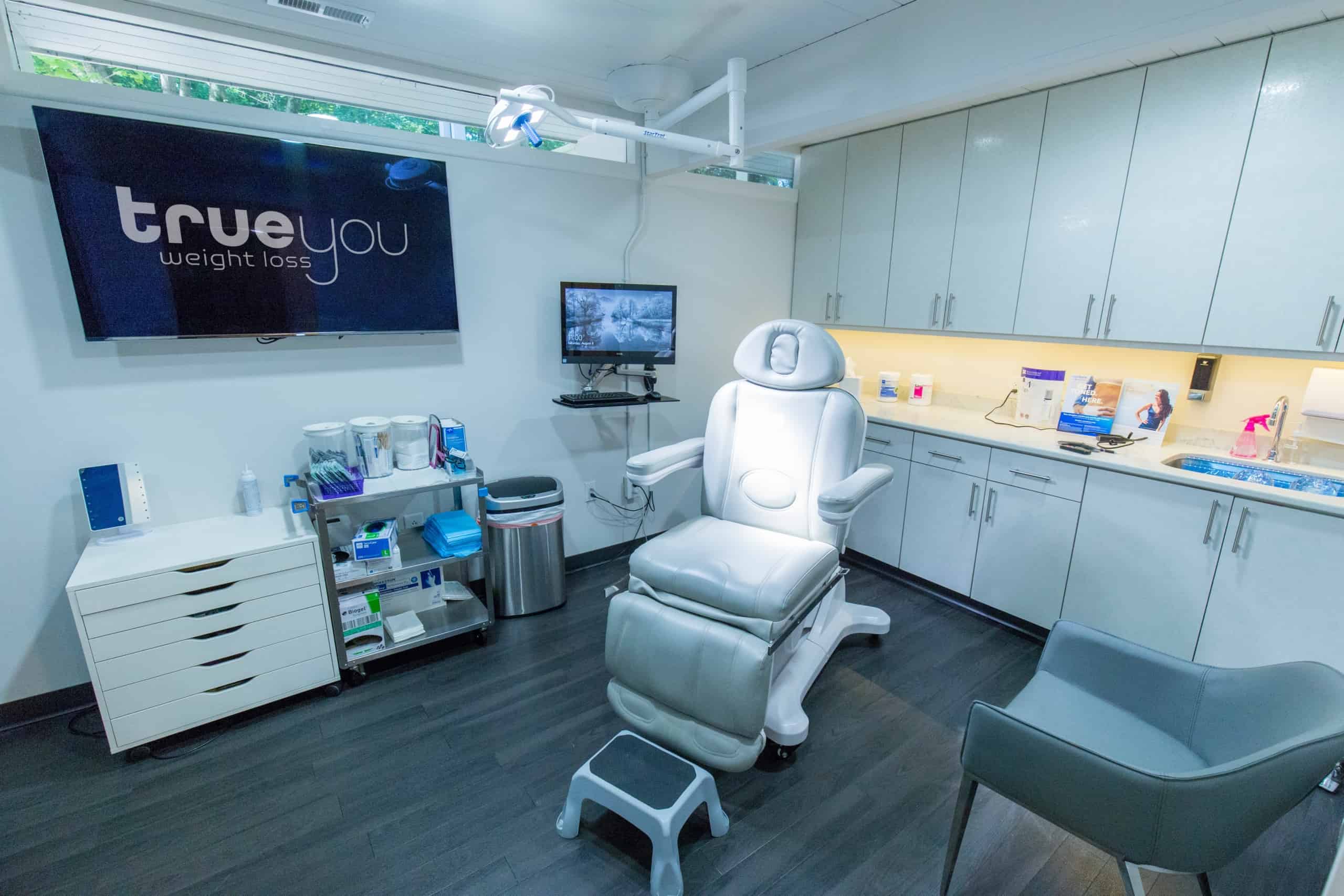Weight Loss Programs in Maryland: A Comprehensive Overview
Weight loss programs in maryland – Maryland offers a diverse landscape of weight loss programs catering to various needs and preferences. From medically supervised interventions to self-guided approaches, individuals can find options aligning with their lifestyle, budget, and health goals. This article provides a detailed exploration of the types of programs available, their costs, effectiveness, and the professionals involved, ultimately guiding individuals toward making informed decisions about their weight loss journey.
Overview of Weight Loss Programs in Maryland

Maryland’s weight loss program landscape is characterized by its breadth and variety. Programs range from medically supervised weight loss clinics offering comprehensive care to fitness-focused programs emphasizing exercise and lifestyle changes. Nutritional counseling and support groups are also widely available. Popular brands and franchises operating within the state include Weight Watchers, Jenny Craig, and various local fitness centers with integrated weight management programs.
| Program Type | Program Name (Example) | Location(s) | Key Features |
|---|---|---|---|
| Medically Supervised | Example Weight Loss Clinic | Multiple locations across Maryland | Physician oversight, medication management, nutritional counseling |
| Nutritional Counseling | Registered Dietitian Practice | Baltimore, Bethesda, etc. | Personalized meal plans, dietary education, behavior modification |
| Fitness-Based | Local Fitness Center Weight Loss Program | Various locations | Structured exercise routines, fitness assessments, group support |
Cost and Accessibility of Programs

The cost of weight loss programs in Maryland varies significantly based on factors such as program duration, intensity, and the services included. Medically supervised programs tend to be the most expensive, while self-guided programs may be more affordable. Geographic location can also influence pricing. Accessibility for individuals with varying socioeconomic backgrounds is a crucial consideration; some programs offer payment plans or sliding-scale fees to improve affordability.
- Medically Supervised Programs: Typically the most expensive, ranging from several hundred to several thousand dollars.
- Nutritional Counseling: Moderate cost, varying based on the number of sessions and the dietitian’s fees.
- Fitness-Based Programs: Costs can range widely, depending on membership fees and additional services.
Effectiveness and Success Rates

The effectiveness of weight loss programs varies widely depending on individual factors and the program’s approach. While rigorous scientific studies specifically on Maryland weight loss programs are limited, general research indicates that medically supervised programs and those incorporating comprehensive lifestyle changes tend to yield better long-term results. Success is often correlated with adherence to the program’s guidelines, the establishment of strong support systems, and sustained lifestyle modifications beyond the program’s duration.
| Program Approach | Reported Success Rate (Illustrative Example) |
|---|---|
| Medically Supervised | Higher success rates, potentially exceeding 50% weight loss maintenance at 1 year, depending on individual factors and program specifics. |
| Nutritional Counseling | Moderate success rates, with effectiveness dependent on client adherence and program design. |
| Self-Guided | Lower success rates, often requiring significant self-discipline and motivation. |
Types of Professionals Involved, Weight loss programs in maryland
A range of healthcare professionals contribute to the success of Maryland’s weight loss programs. Their expertise ensures a holistic approach to weight management.
- Physicians: Provide medical oversight, assess health risks, and may prescribe medication.
- Registered Dietitians (RDs): Develop personalized nutrition plans, educate on healthy eating habits, and address dietary concerns.
- Personal Trainers: Design and implement exercise programs, provide fitness guidance, and offer motivational support.
- Psychologists/Therapists: Address psychological factors impacting weight management, such as emotional eating and stress.
These professionals typically hold relevant certifications and licenses to ensure competence and ethical practice.
Finding Reputable Programs
Choosing a reputable weight loss program requires careful consideration and due diligence. Individuals should prioritize programs with qualified professionals, verifiable credentials, and positive client testimonials.
- Verify credentials and certifications of program providers.
- Read online reviews and testimonials from past clients.
- Ask potential program providers specific questions about their approach, qualifications, and success rates.
Example questions: What are your qualifications? What is your approach to weight loss? What are your success rates? What support systems do you offer?
Illustrative Examples of Programs
The following table highlights three distinct weight loss program approaches in Maryland (examples only, specific program names omitted to avoid endorsement):
| Program Name (Example) | Methodology | Services Offered | Target Audience |
|---|---|---|---|
| Program A | Medically supervised, focusing on medication management and lifestyle changes. | Physician consultations, medication, nutritional counseling, group support. | Individuals with significant weight loss needs and medical complexities. |
| Program B | Nutrition-focused, emphasizing dietary education and behavior modification. | Individualized meal plans, cooking demonstrations, grocery store tours, ongoing support. | Individuals seeking sustainable lifestyle changes through dietary adjustments. |
| Program C | Fitness-based, integrating exercise and healthy eating habits. | Personalized workout plans, fitness assessments, group fitness classes, nutritional guidance. | Individuals motivated by physical activity and seeking a holistic approach. |
Common Challenges and Solutions
Weight loss journeys often present challenges. Understanding and addressing these obstacles is crucial for long-term success.
- Challenge: Lack of motivation and commitment.
- Solution: Set realistic goals, find a supportive community, celebrate milestones.
- Challenge: Difficulty adhering to dietary restrictions.
- Solution: Seek professional guidance, incorporate favorite foods in moderation, plan meals ahead.
- Challenge: Limited time for exercise.
- Solution: Find short, effective workouts, incorporate activity into daily routines, prioritize consistency.
Building a strong support system—through family, friends, or support groups—is vital for maintaining motivation and overcoming setbacks.


